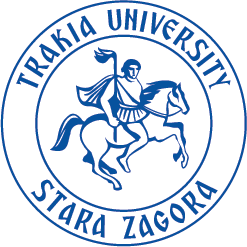QUESTIONS-CHALLANGES TOWARDS ADULT EDUCATION'S POLICY AND GOVERNANCE
The policy and directions of adult education’s development have being determined by decisions of the UNESCO’s International Conference of Adult educationq named as CONFINTEA. The decisions of the last CONFINTEA VI (Belém, Brazil -1 - 4 December 2009) will be of big importance for Andragogy (as the science which researches and supports adult education practice), and for management of education, as well – more concrete for adult education management, some of which research interests are directed to the policy and governance of those wide sector of education.
The fundament of discussions and decisions of the forum is conviction that ‘adult education is a human right to be exercised by all” and policy and governance have to ensure that right. Among important questions raised by CONFINTEA VІ documents are: How do different countries ensure the exercise of the right of adults to education? What approaches exist to the major legislation in adult learning and education? Are there special adult education policies in different countries? What can and have to do governments, civil society organizations and enterprises to reach commitment about adults’ learning and education so that adult education – as policy and practice - become visible, concrete and effective? What models of adult education’s governance exist? What measures for improving adult education’s governance are necessary?
The author looks for those questions’ answers in CONFINTEA VІ’s decisions, and especially in the Belém Framework for Action.
The fundament of discussions and decisions of the forum is conviction that ‘adult education is a human right to be exercised by all” and policy and governance have to ensure that right. Among important questions raised by CONFINTEA VІ documents are: How do different countries ensure the exercise of the right of adults to education? What approaches exist to the major legislation in adult learning and education? Are there special adult education policies in different countries? What can and have to do governments, civil society organizations and enterprises to reach commitment about adults’ learning and education so that adult education – as policy and practice - become visible, concrete and effective? What models of adult education’s governance exist? What measures for improving adult education’s governance are necessary?
The author looks for those questions’ answers in CONFINTEA VІ’s decisions, and especially in the Belém Framework for Action.

